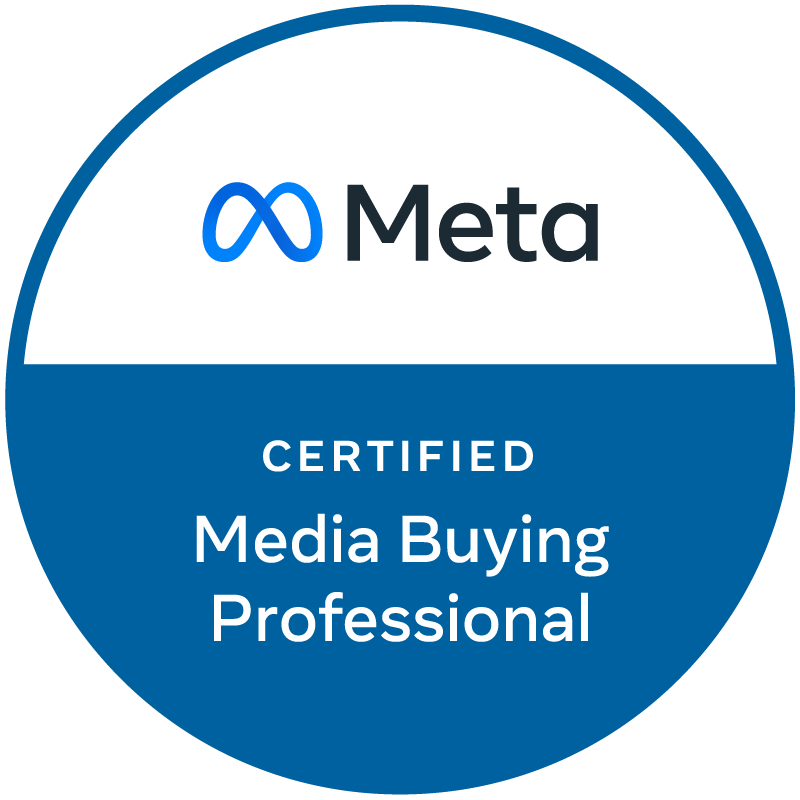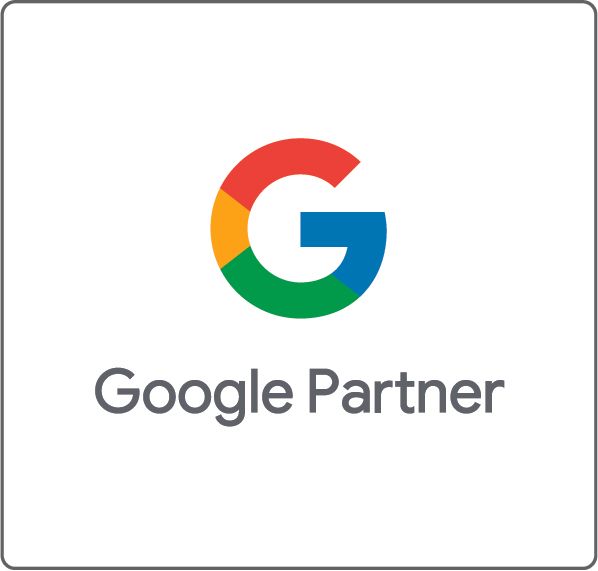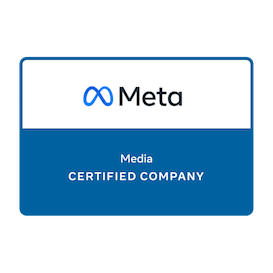Artificial Intelligence: It Might Be Time To Automate Your Content
In today's digital age, businesses of all sizes need to stay competitive by keeping up with the latest trends. One such trend is Artificial Intelligence (AI). AI is quickly becoming one of the most effective tools for content creation, with more and more businesses leveraging AI writing to help them create engaging content that resonates with their target audience.
What is AI Writing?
AI writing is a process where an artificial intelligence software generates content using natural language processing (NLP) algorithms. There are many advantages to using an AI writing tool for your business’s digital presence. For starters, it saves you time as you no longer have to manually create every piece of content yourself. It also takes away the guesswork when it comes to creating engaging, compelling copy because the AI tool will generate copy that resonates with your intended audience.
How Do You Use AI Writing in Marketing?
For doubters who may say AI writing could never create decent copy, did you know that an AI wrote those first two paragraphs? While noticing if something is AI-written is becoming increasingly difficult, the process of using AI is relatively simple.
The user will start by giving the AI a bit of information to work off of. For example, let’s say you own a company that sells herbal tea and you want to write a blog about the health benefits of tea. You type “health benefits of drinking herbal tea” in the topic bar and the AI is going to scour the internet for everything it needs to write an informative blog. The content is surprisingly good, free of typos, and sounds like a person wrote it. You can choose the tone you would like your copy written in (witty, informative, professional, funny, etc.) to further match the voice of your business.
AI can be an incredible timesaver for business owners who don’t have time to create copy and don’t want to pay for a professional copywriter. The most impressive thing about AI is the fact that it doesn’t regurgitate text from Wikipedia articles or e-books – it is actually taking information and generating authentic content, which makes it plagiarism-free.
What Are The Implications Of AI Content Creation?
While AI content generation might be a lifesaver for marketers and business owners, it can be worrisome for those who create for a livelihood. If AI can generate well-informed, polished, SEO-friendly content, then why would anyone hire a copywriter? AI can also do more than create simple web content - an AI developed in Japan wrote a novel, and made it past the first round of screening for a national literary prize. Impressive, right? While this AI was able to write at a high level, it was still necessary for humans to guide the AI in the process. The team set the guidelines for characters and plot, then let the AI take over from there.
Additionally, there is much debate about the ethics of AI content generation - and it’s not just about writing. Recently a book by Christopher Paolini has received backlash for using a possibly AI-generated image as the cover. While there are arguments on both sides, many believe that this AI-generated cover devalues the hard work of those involved in the project. Some agree that a big name publisher like Tor Books should support the art community by commissioning work for projects like this.
Like most technologies and tools, the onus is on the user to apply it responsibly. Although AI has stirred up some controversy, it is difficult to deny its value. There are a wide range of applications that AI brings to the table, and we should not be afraid to take advantage of its perks. At SparkShoppe, we are always on the lookout for new ways to get your business noticed. If you want to leverage the newest tools and technology to increase your digital presence, contact us today!
















